
Facial mimicry and social cognition in children with autism spectrum disorder
When we want to understand each other better, we tend to copy one another's facial expressions. How does this work in children with autism spectrum disorder? In this blog post, you’ll learn more about facial mimicry in ASD.

Let's work together: mother-adolescent interactions in fragile X syndrome
All parents want their children to comply with their requests - for at least some of the time! What's the best way to request something when you have an adolescent boy with fragile X syndrome?

Resources on Psychology Research: Case Studies, Webinars and White Papers
At Noldus, we have dedicated ourselves to make the best tools to advance human behavioral research for over 30 years and love to share our knowledge with you!
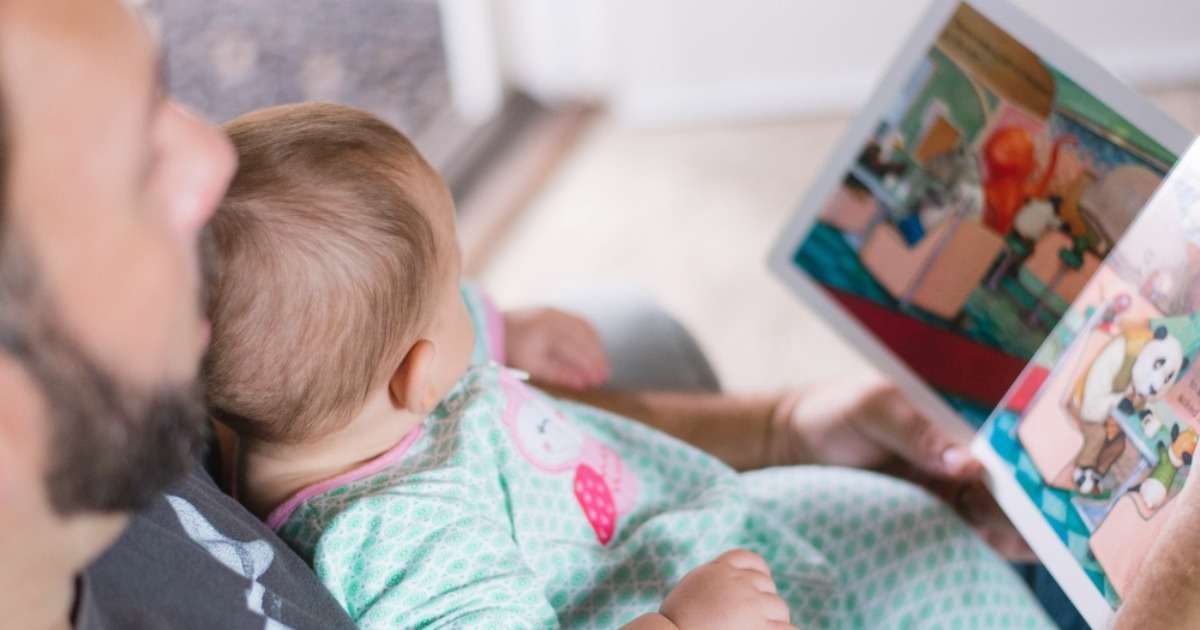
The importance of measuring infant behavior for early diagnosis of autism
Most efforts to detect autism before the age of two rely on parental reports rather than infant behavior.

What is the Barnes maze? A dry-land environment for testing learning and memory
The Barnes maze is a behavioral paradigm for testing learning and memory in rodents models for autism spectrum disorder, Alzheimer’s disease and ageing. How does it compare to the Morris water maze?
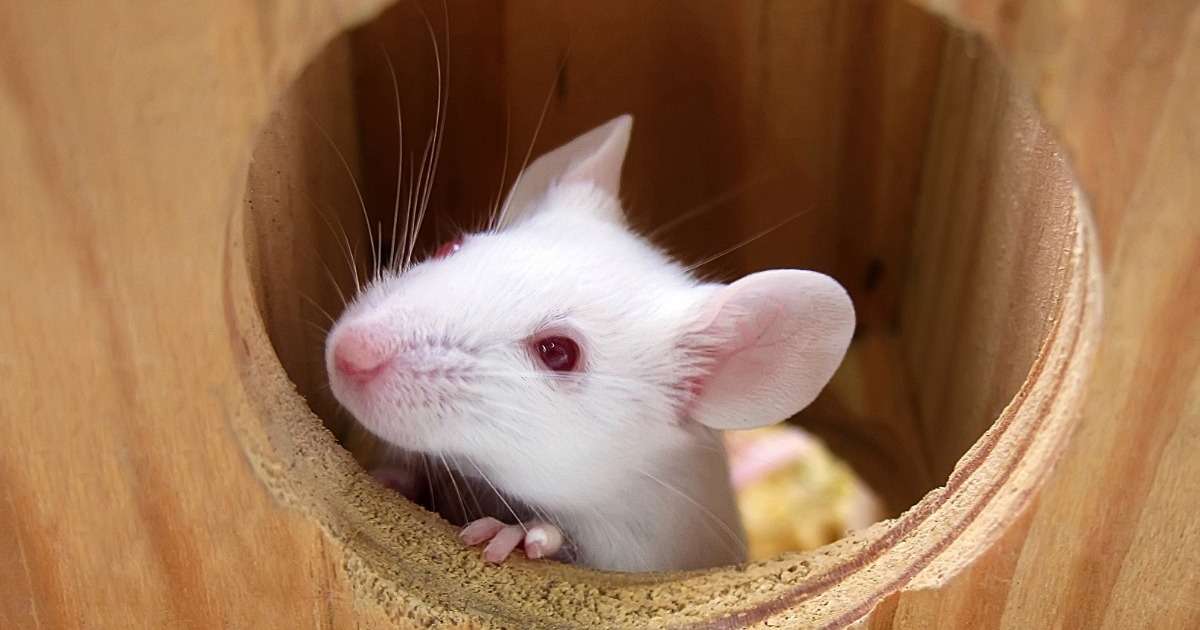
Environmental enrichment rescues autistic-like behaviors in mice
A recent mice study from The Scripps Research Institute shows that behavioral therapy might still be successful in later diagnosis of ASD with macrocephaly, laying groundwork for successful late interventions.
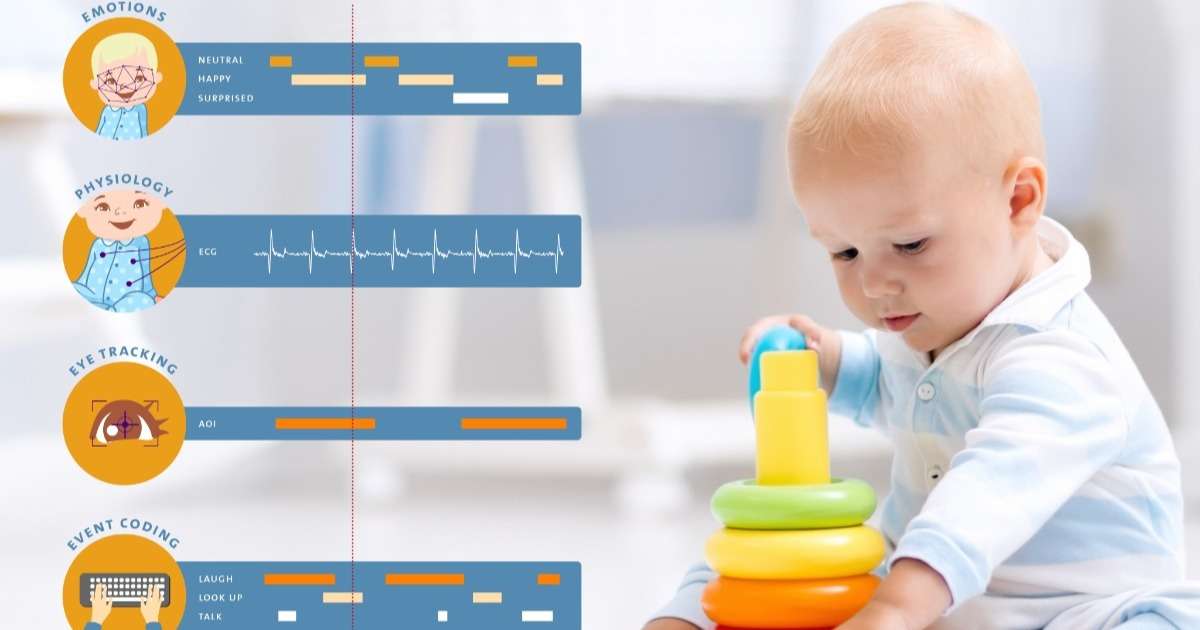
Anxiety and Autism
The EU-AIMS and AIMS-2-TRIALS projects have carried out some interesting studies teasing out the causes of anxiety in children with autism.
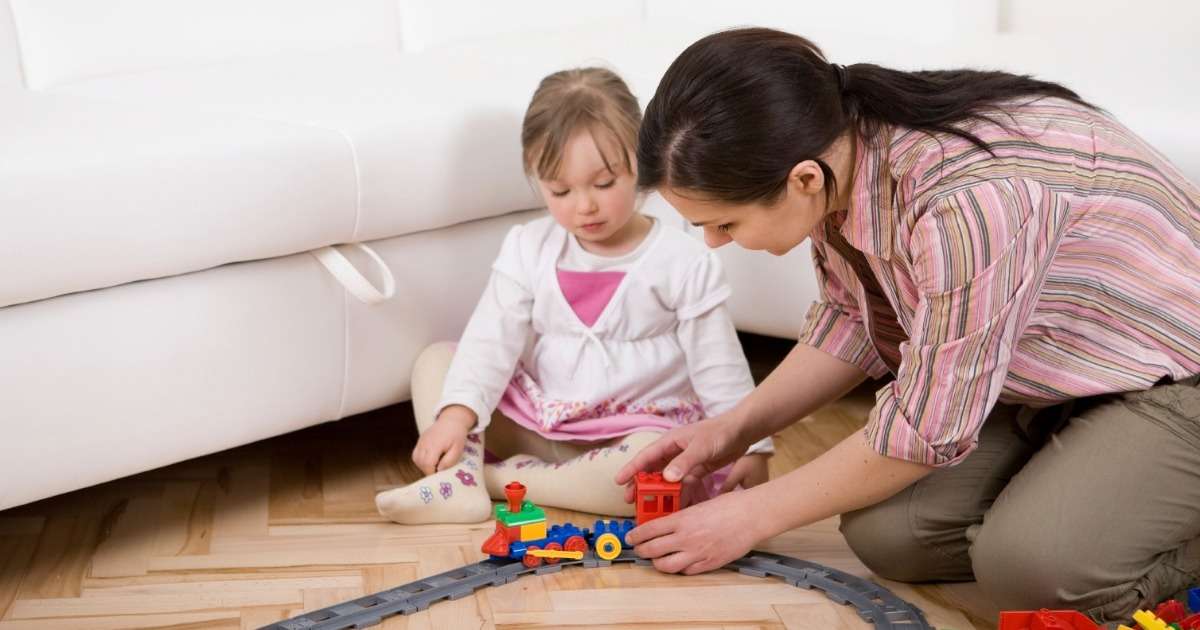
Parent-child interaction in autism: play behavior
Stephanny Freeman and Connie Kasari observed play behavior in an observation lab. They invited parents with their children to their observation lab and coded behavior in great detail.
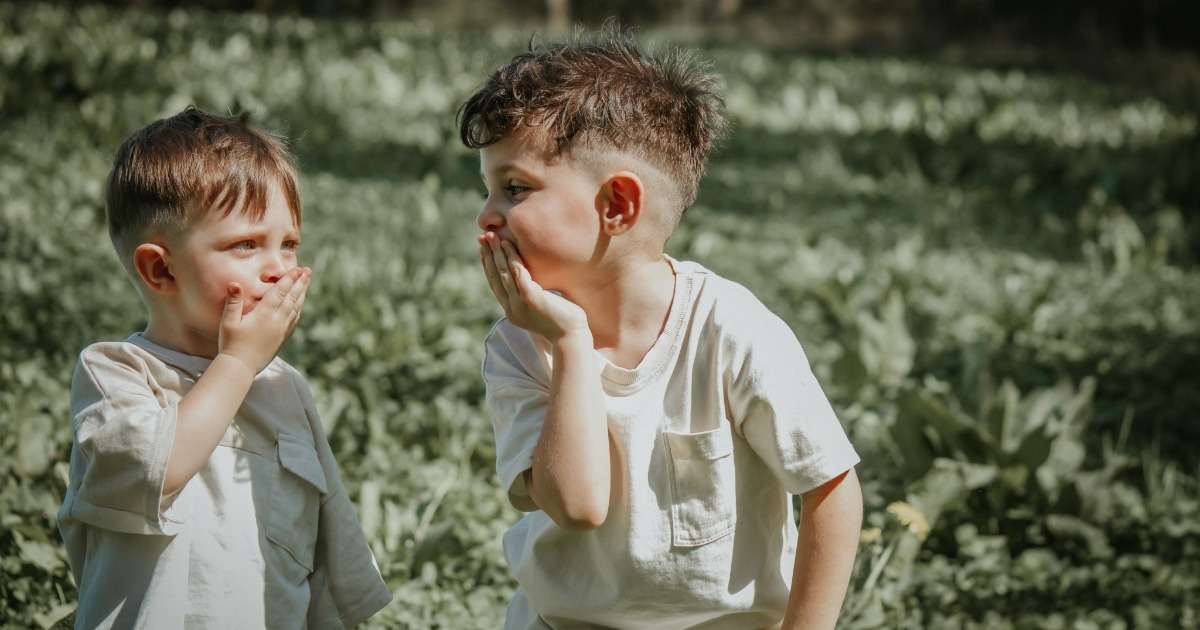
Investigating facial expressions in autism and borderline personality disorder
Within two specific populations researchers investigated the role of facial expressions on social interactions.
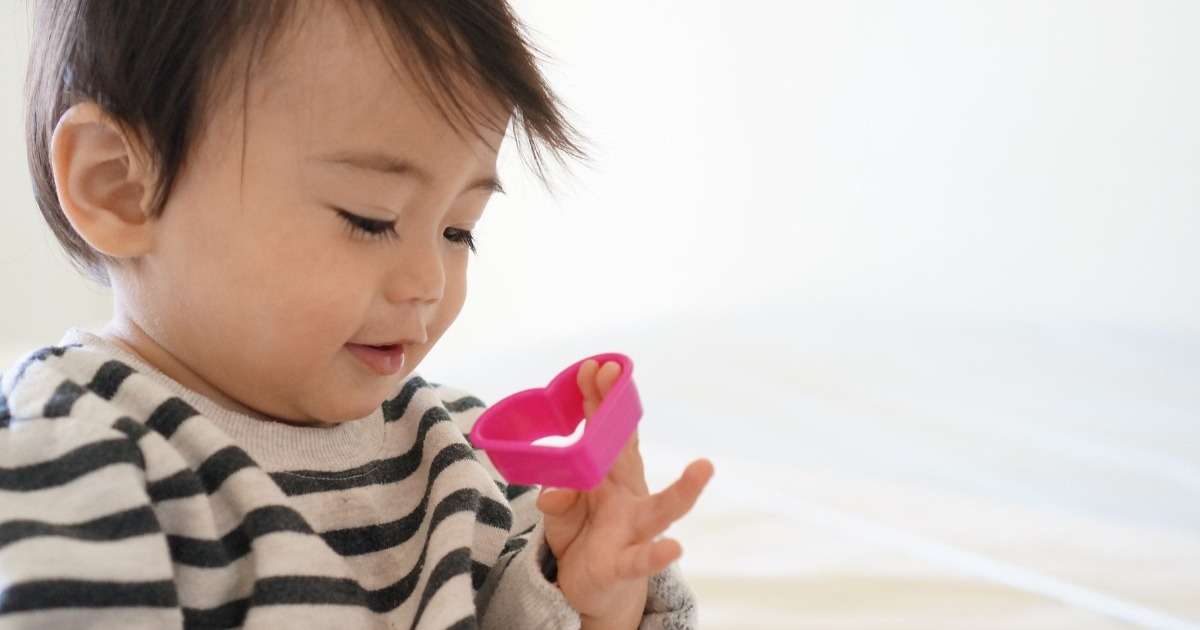
Observing and analyzing repetitive movements in infants to detect autism
To examine if a specific repertoire of repetitive movements was present in children with autism, researchers used home videos to code the behaviors of the infants.
